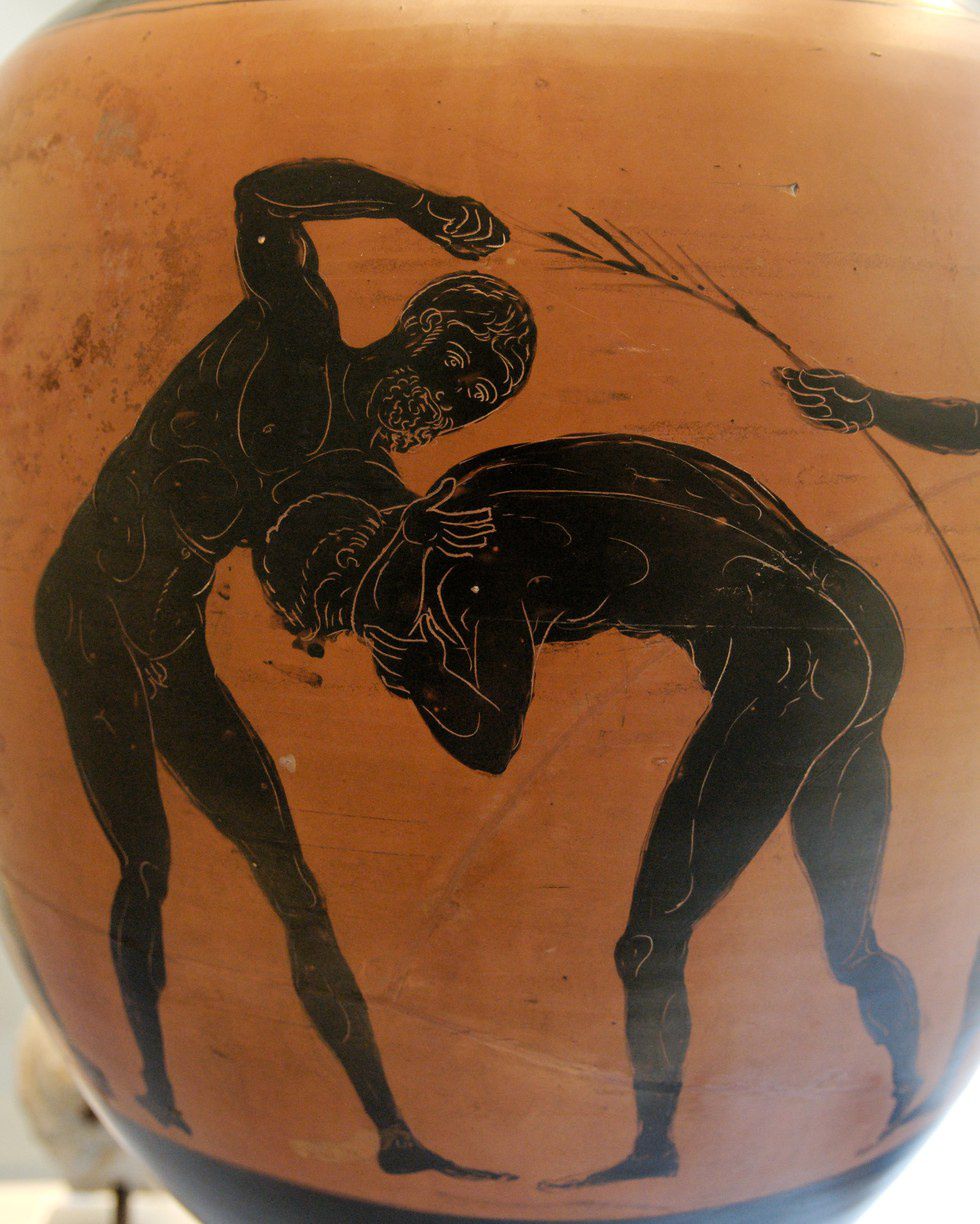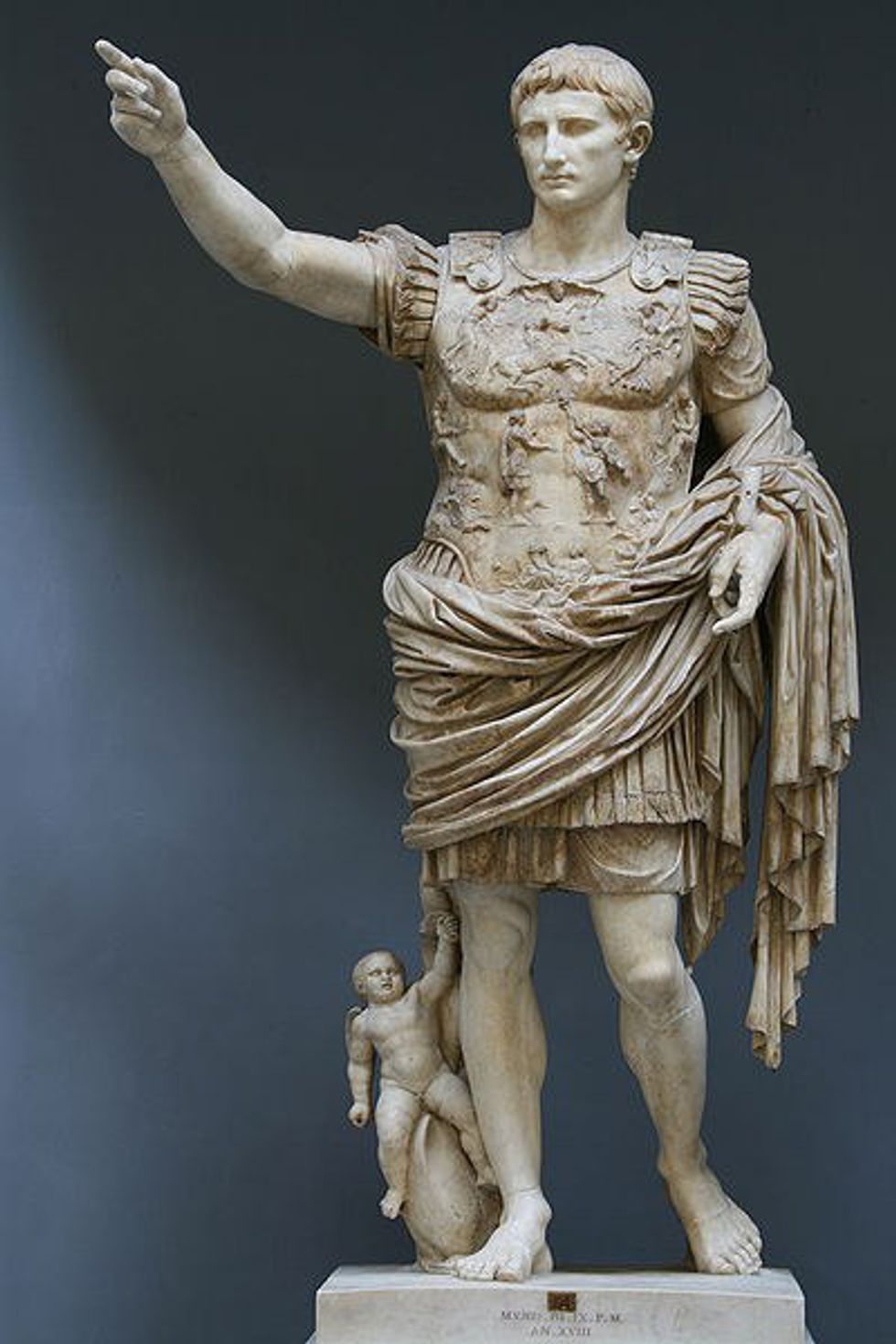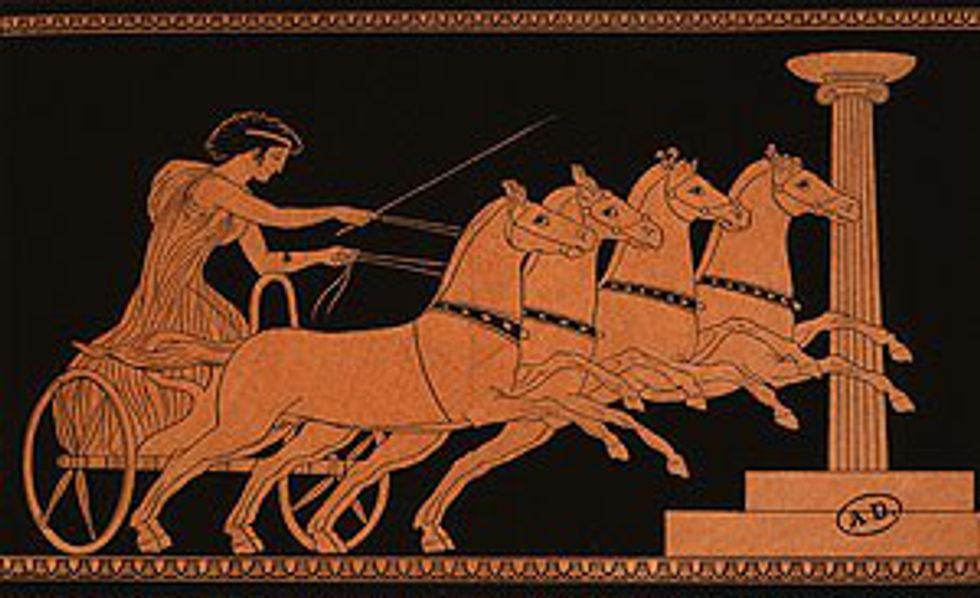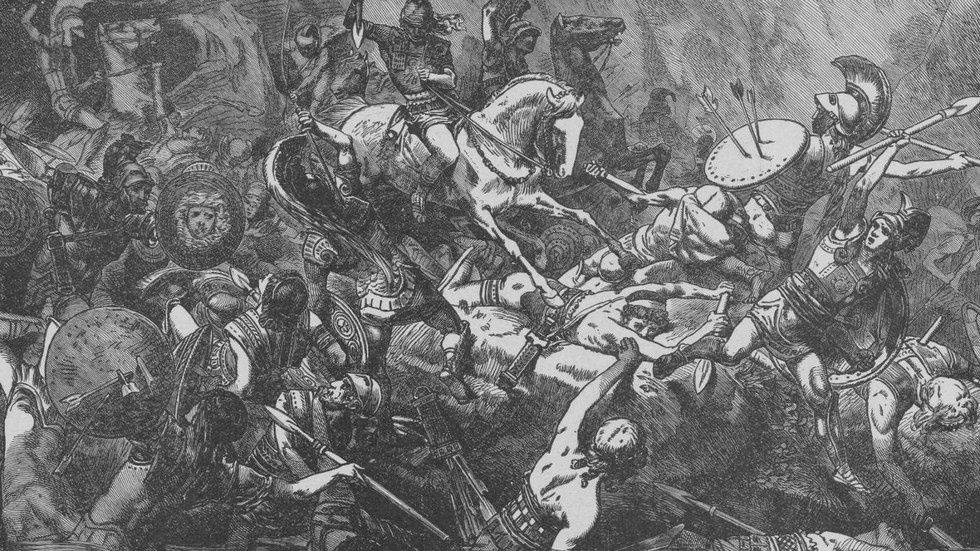Most people know the original Olympic games started in ancient Greece, but historians cannot agree on when they were started. The ancient Olympics have been romanticized throughout history, and were not exactly as we picture them today. Ancient Greece was a strange place by modern standards, and the Olympics were no exception from these oddities. Let's (high) dive into the ancient olympics and discover the strange things you rarely hear about.
1. In the very first Olympic Games women were the only competitors.
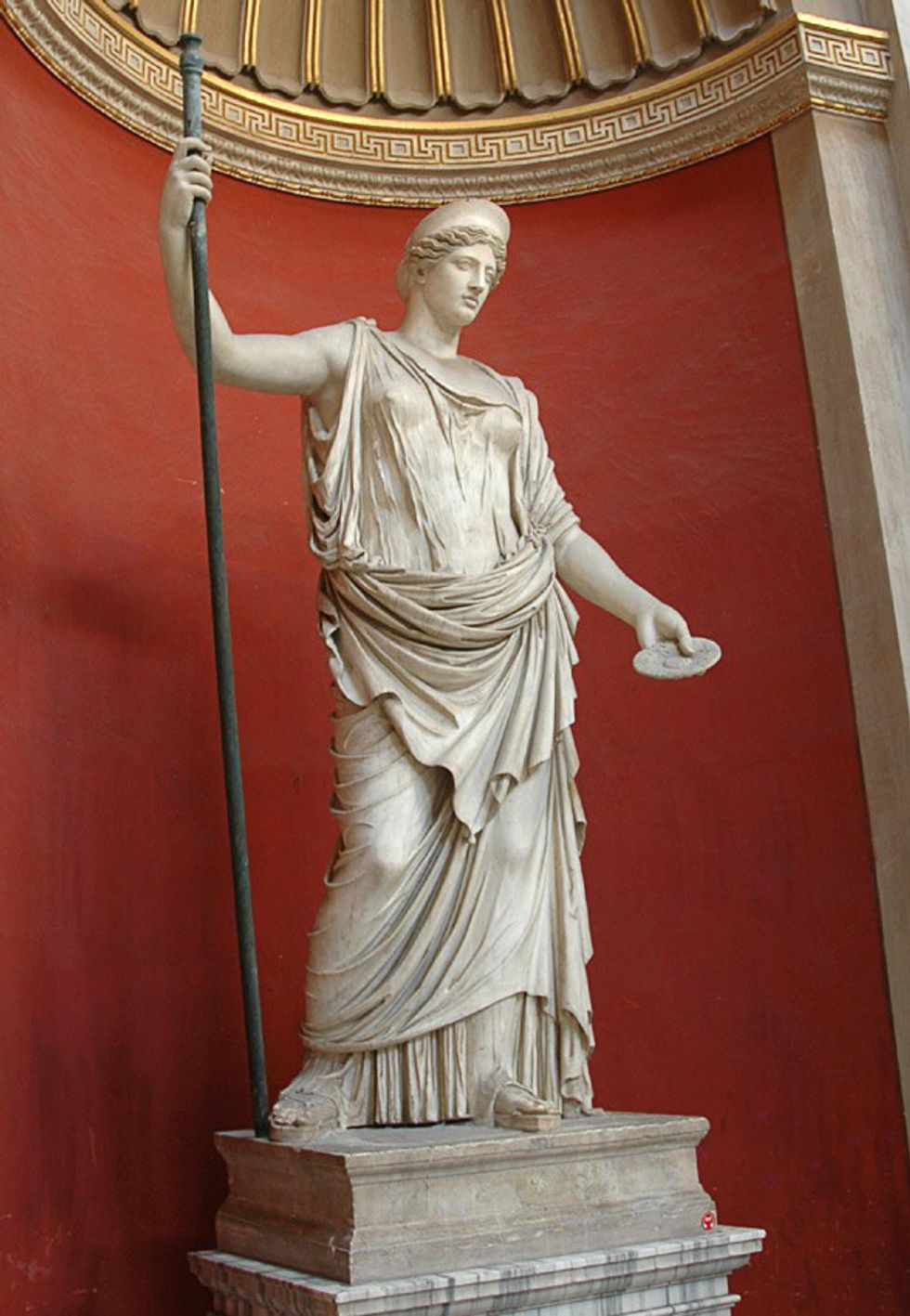
2. In 648 BC a more interesting sport called "Pankration" was introduced.
This "sport" involved two unarmed, naked men fighting to the death. It wasn't as barbaric as you think though, there was no biting or eye-gouging allowed (I know, now it doesn't sound nearly as cool) unless you were in Sparta then anything was fine. The best part was these events were open to the public, nowadays you can't get any entertainment near this quality without paying for the premium channels.
3. Athletes wore loin-cloths in the formative years of the games.
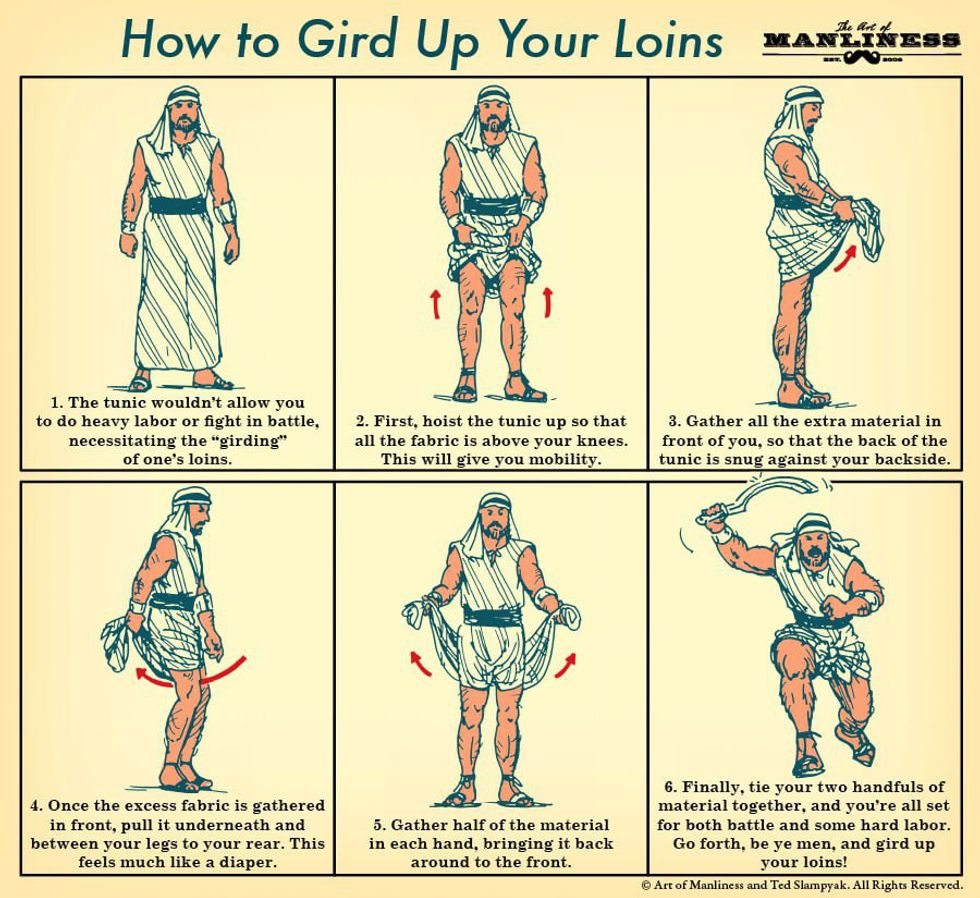
4. In Boxing there was some very archaic equipment.

5. How to win an ancient boxing match: die.
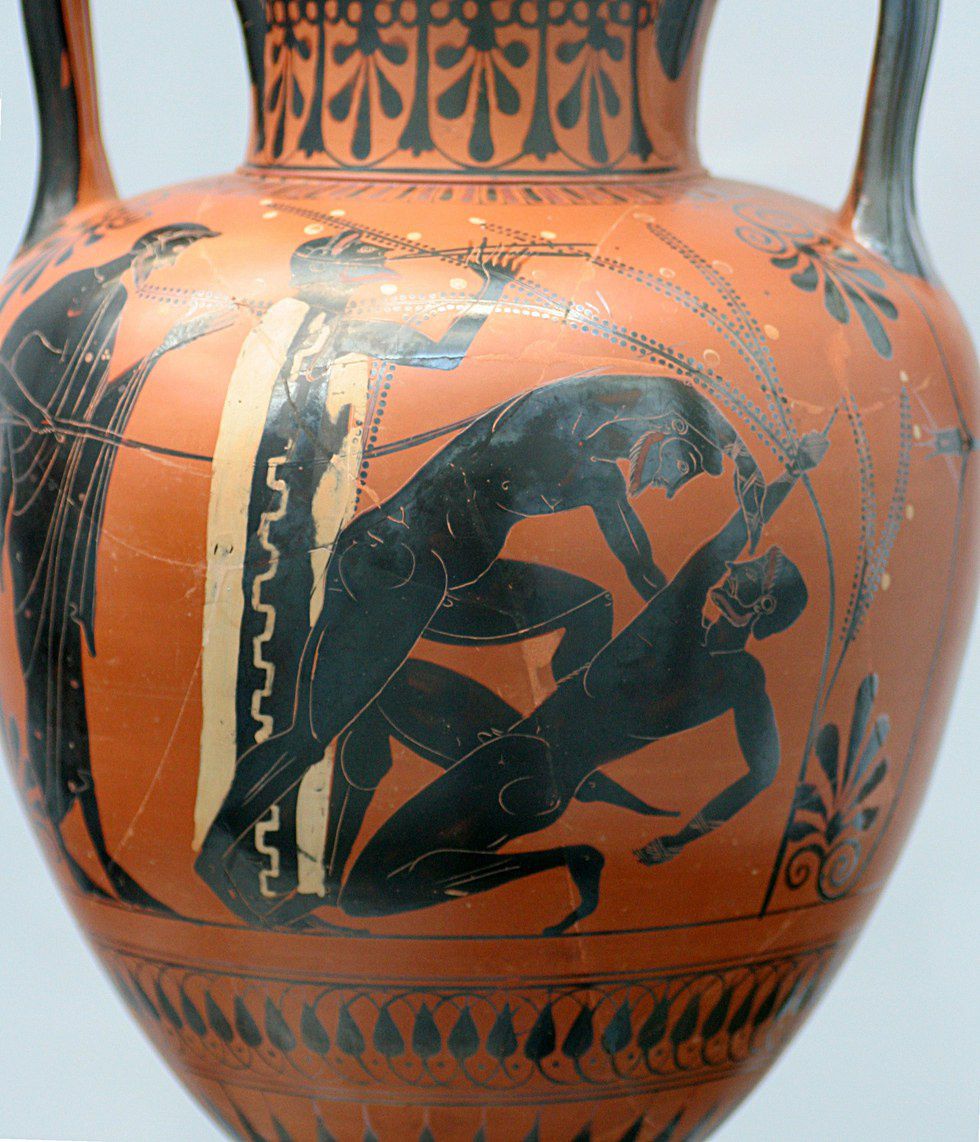
6. The divisions were not as fair as they could have been.
The original games had two divisions of athletes: children and adults. This gave naturally larger and stronger athletes a great advantage in boxing and pankration. The worst part about the divisions is that there was a children's Pankration. Coming up next: Peter Dinklage versus Andre the Giant.
7. Celebrity athletes competed.
In the 67 AD Olympics Emperor Nero won chariot racing...sort of. Nero Competed in the race but was thrown from his chariot. The judges declared Nero the victor because "He would have won if he had not fallen out." The moral of this story is: it doesn't matter how badly you lose, or how many emails you delete as long as you're a politician nobody can touch you. Except that weird baby touching Nero's leg.
8. If you crossed the finish line first the guy who bought your chariot won.
The real winner of ancient Greek chariot races was the financier of the athletes. On multiple occasions the winner of this event also took second and third place. Who needs to practice when you can pay people to do it for you? Donald Trump would have made a great athlete back then.
9. There was nothing more important than the games.
During the time of the games wars were put on hold, stays of execution were given, and truces were made. The governing body of the games would issue stiff fines if these rules were not obeyed exactly. Athens and Sparta even put a hold on the Peloponnesian wars for the games. The ancient Greeks moved heaven and earth for sports, but I have to go to class even if the Panthers are in the Super Bowl? Thats ridiculous.




